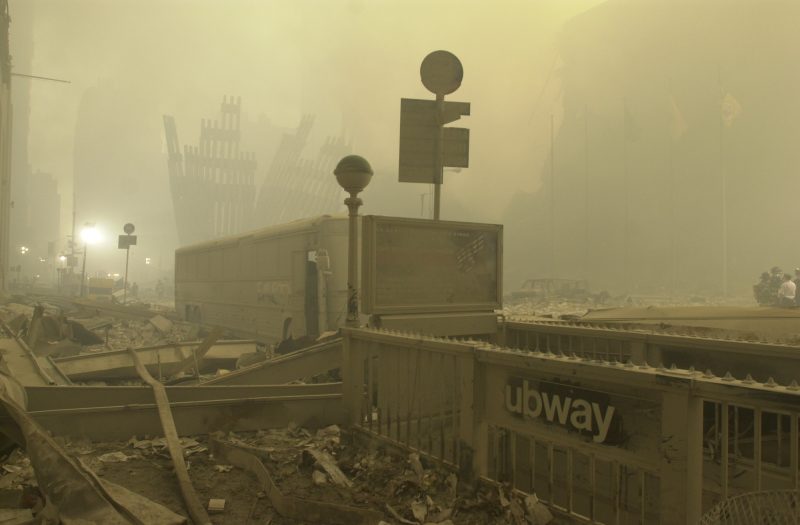9/11 Responders Are Struggling with Dementia: Advocating for Government Support
The aftermath of the September 11, 2001 terrorist attacks continues to haunt many who were involved in the rescue and recovery efforts. One of the most alarming and tragic consequences faced by 9/11 responders is the increasing prevalence of dementia among this group. Recently, there has been a growing chorus of voices calling for government assistance to help address the healthcare needs of these heroes.
Dementia is a progressive condition characterized by a decline in cognitive function, including memory loss, impaired reasoning, and changes in behavior. Individuals with dementia often have difficulty with daily activities and may eventually require round-the-clock care. While the exact causes of dementia can vary, research has suggested that exposure to certain toxins and pollutants, as was the case for many 9/11 responders, may increase the risk of developing the condition.
For those who risked their lives to save others in the aftermath of the attacks on the World Trade Center, the toll of dementia is particularly heartbreaking. Many of these responders were exposed to a mix of hazardous substances, including dust, debris, and fumes, as they worked tirelessly at Ground Zero. Over time, some have begun to experience early-onset dementia, with symptoms that can significantly impact their quality of life.
Faced with this pressing healthcare crisis, 9/11 responders are advocating for government support to address their specific needs. They argue that the government has a moral obligation to provide assistance to those who sacrificed their health and, in some cases, their lives in service to their country. Many responders are struggling to cover the high costs of dementia care, including medications, doctor visits, and specialized support services.
In response to these pleas, legislators have introduced bills aimed at providing financial assistance and healthcare benefits to 9/11 responders dealing with dementia. These proposed measures seek to ensure that these heroes receive the support they need to cope with the challenges of their condition. Advocates hope that these efforts will help raise awareness about the plight of 9/11 responders and prompt meaningful action from lawmakers.
The stories of 9/11 responders grappling with dementia serve as a poignant reminder of the sacrifices made by these brave men and women in the aftermath of the attacks. Their courage and selflessness in the face of adversity are a testament to the resilience of the human spirit. As they confront the devastating effects of dementia, it is essential that we stand in solidarity with these heroes and support their calls for government assistance.
In conclusion, the rising incidence of dementia among 9/11 responders is a pressing public health issue that demands urgent attention. By advocating for government support, these heroes are seeking the recognition and assistance they rightly deserve. It is our collective responsibility to ensure that those who gave so much on that fateful day receive the care and compassion they need to face the challenges ahead.
